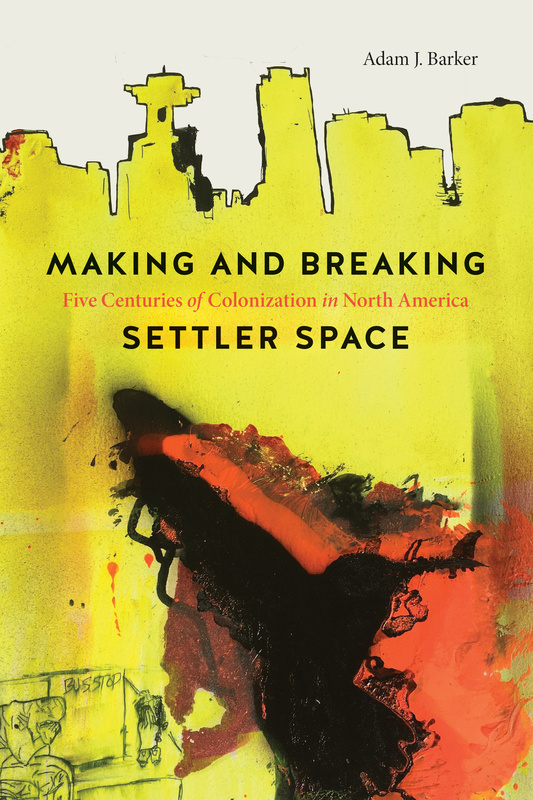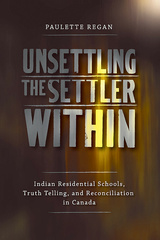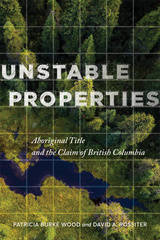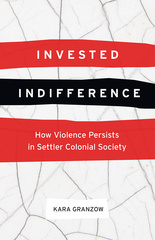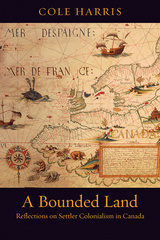Our shopping cart is currently down. To place an order, please contact our distributor, UTP Distribution, directly at utpbooks@utpress.utoronto.ca.
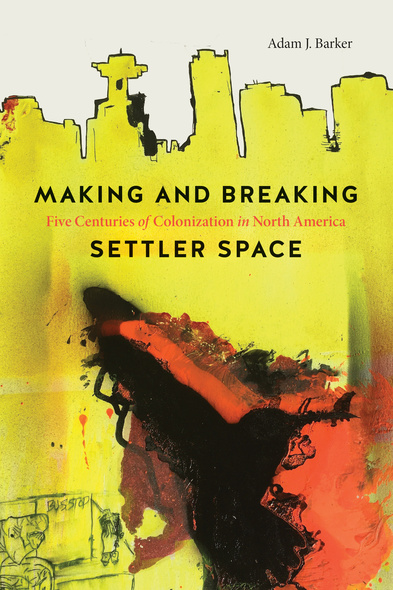
Making and Breaking Settler Space
Five Centuries of Colonization in North America
Five hundred years. A vast geography. And an unfinished project to remake the world to match the desires of settler colonizers. How have settlers used violence and narrative to transform Turtle Island into what is currently called North America? What does that say about our social systems, and what happens next?
Deploying analytical tools from diverse disciplines, and drawing on sources ranging from archives to pop culture and personal experience, Making and Breaking Settler Space addresses pressing questions left by the complex and obscured process of colonization. Adam Barker articulates a dynamic analytical model to explain how settler spaces have developed and continue to evolve. He traces the trajectory of settler colonialism, drawing out details of its operation from the imperial colonization of Turtle Island in the 1500s to contemporary contexts that include problematic activist practices by would-be settler allies.
Making and Breaking Settler Space proposes an innovative, unified spatial theory of settler colonization in Canada and the United States. In the process, it uncovers systemic weaknesses that can inform the decolonization efforts of resurgent Indigenous nations and settler activists alike, and argues for relationships founded on solidarity and shared acknowledgment that the settler project is a failed one.
This thought-provoking work will be of great use not only to scholars and students of settler colonialism but also to activists and political commentators concerned with Indigenous people’s future beyond the settler colonial society.
Making and Breaking Settler Space offers important points of conversation and contestation as we continue to figure out what it means to live together in this place, and how we should go about doing something about it.
Barker takes readers on a critical thought journey through relationships between past, present, and future complexities of settler colonialism, space, place, and identity.
Barker’s work presents a strong synthesis of recent work in settler studies. It testifies to his comprehensive understanding, as a self-acknowledged settler, of the dynamics that have presided over the construction of ongoing and structural North American inequities between settler and indigenous peoples.
Making and Breaking Settler Space offers a comprehensive analysis of the colonial spatialities inherent to the settler state. It is an innovative interpretation of the affective dimensions of settler colonialism, from its obsessive drive for ownership, control, and transcendence to the possibilities that come from failing to meet these expectations.
Adam J. Barker is a settler Canadian from the territories of the Haudenosaunee and Anishinaabe people and an adjunct research professor with the Indigenous and Canadian Studies Program at Carleton University. He is the editor of Settler Colonial Studies and has published in a variety of peer-reviewed journals. Dr. Barker is co-author, with Emma Battell Lowman, of Settler: Colonialism and Identity in 21st Century Canada.
Introduction
1 Cores and Peripheries: From Imperial Contact to Settler Colonial Claims
2 Spatialities of Settlement: Remaking Landscapes and Identities
3 Remaking People and Places: States, Suburbs, and Forms of Settlement
4 Revolutionary Aspirations? Social Movements and Settler Colonial Complicity
5 The Efficacy of Failure: Advancing Struggles in Support of Indigenous Resurgence
6 Affinity and Alliance: Breaking the Boundaries of Settler Colonial Space
Notes; References; Index

